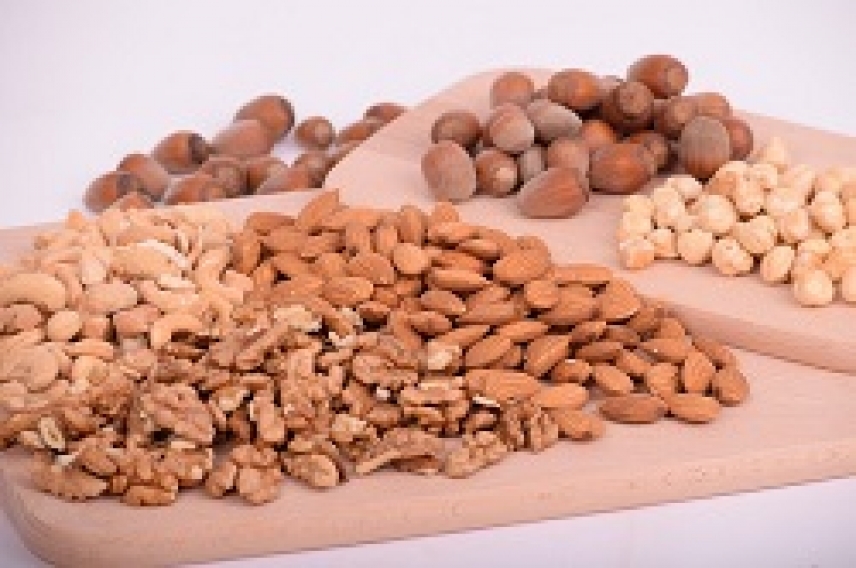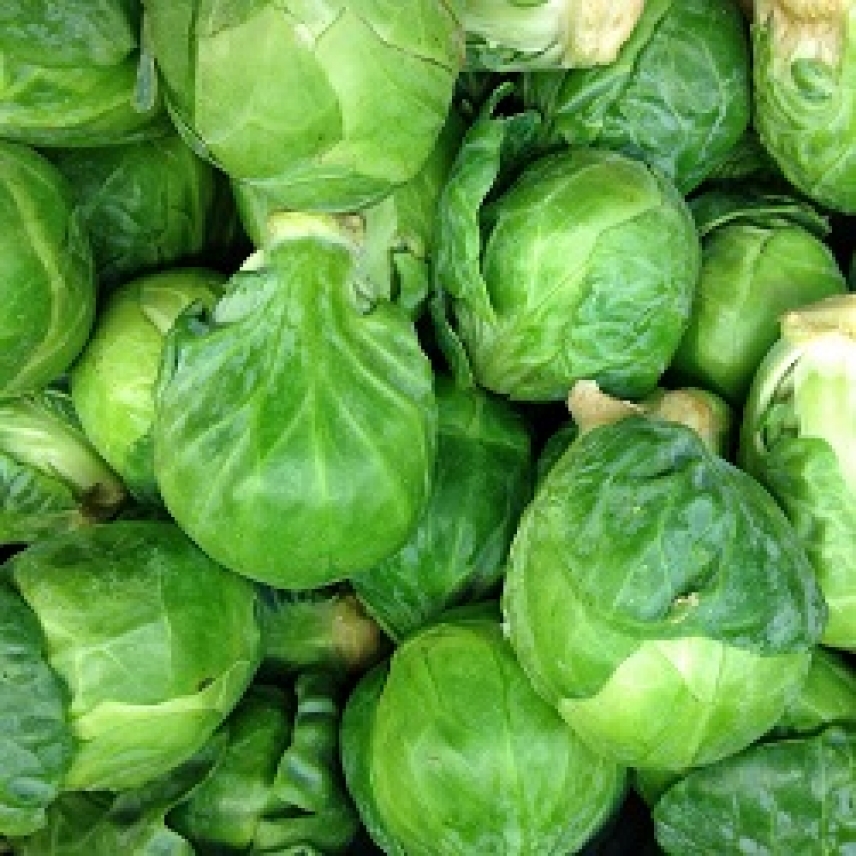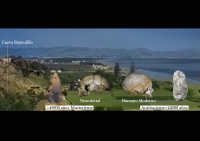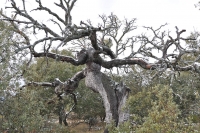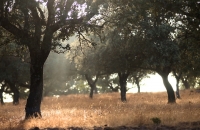A University of Cordoba research team is able to manufacture electric car batteries with this raw material and increase their travel range by 60%
Climate change is a reality and its consequences are becoming evermore evident. Governments of the main world countries are taking measures to tackle this problem. One of the most controversial aspects stemming from this problem is the possible future prohibition of vehicles powered by fossil fuels. Last November, the Spanish government proposed ending the sale of cars and commercial vehicles running on gas, diesel, and natural gas as well as hybrids after 2040. This initiative has already been raised in countries such as the United Kingdom and France. This annoucement by the executive government is expressed in the future Climate Change and Environmental Transition Law, which will contribute to Spain being able to fulfill its international commitments against global warming.
An international team has identified the genes that make these plants resistant to the pathogen that attacks crops belonging to the cabbage family all over the world
From Brussels, China or Milan. "Surnames" aside, cabbages are grown nowadays all over the world. Like them, many other plants from the Brassicaceae family such as cauliflower, broccoli, cabbage and even mustard -yes, strange as it may seem and though their tastes are very different, a Brussels sprout and a mustard seed belong to the same family- have a common enemy: white rust, or at least one kind of white rust. Specifically, cabbages are threatened by a disease caused by a pathogen called Albugo candida, which acts exactly like a fungus, though it is not actually a fungus. That is to say, it spreads under the right conditions of humidity and temperature and eats up the nutrients of the plants it attacks.
Modern humans replaced Neanderthals in southern Spain 44,000 years ago
Escrito por UCC+iThe University of Cordoba, in collaboration with the University of Granada, participated in an international study published today in the journal Nature Ecology and Evolution, proving that Neanderthals were replaced by modern humans in southern Iberia 5,000 years before than previously thought
A study carried out in Bajondillo Cave (in the town of Torremolinos, in the province of Malaga) by an international team made up of researchers from Spain, Japan and the U.K. revealed that modern humans replaced Neanderthals 44,000 years ago. This study, published today in the journal Nature Ecology and Evolution and in which University of Cordoba and University of Granada scientists participated, demonstrates that replacing Neanderthals for modern humans in southern Iberia is an early, not late, occurrence, in the context of Western Europe. That is to say it happened 5,000 years before previously thought up until now.
Three University of Cordoba researchers have developed an instrument that reveals adolescence to be a stage of considerable well-being, disproving the myth that it is a period of angst and insecurities
Being a teenager is compatible with feeling good and being satisfied within the context in which one lives and with one’s personal relationships. It could be said that adolescence is a stage at which happiness levels are high and, generally speaking, individuals feel good. These statements sound strange since adolescence is usually associated with facing several risks and insecurities, and during which teens feel like “the whole world is against them” and they commonly complain that “no one understands them.”
Research at the University of Cordoba underscores the importance of water stress on the response of Holm oaks facing Phytophthora infection
Holm oak decline is threatening the sustainability of the dehesas, making it one of the most worrisome problems in the field of forest health for the scientific community. Depsite considering the pathogen Phytophthora cinnamomi the main trigger for this situation, external conditions, such as extreme drought, are also determining factors in the process of dying woodland.
Small family run livestock farms stand out in Cordoba’s dehesa
Escrito por UCC+iA University of Cordoba study maps out the characteristics of dehesa farms associated with feeding cooperatives in Los Pedroches and Upper Guadiato
A dehesa is a distinctive ecosystem in the Mediterranean areas of the Iberian Peninsula labeled High Nature Value due to the value of its ecosystem services and its role in conserving biodiversity. An image of vast land sprinkled with holm oaks and cork oaks where extensive farm animals graze is the most common one that comes to mind when describing the topic of the dehesa, but what occurs when we zoom in on this image?


